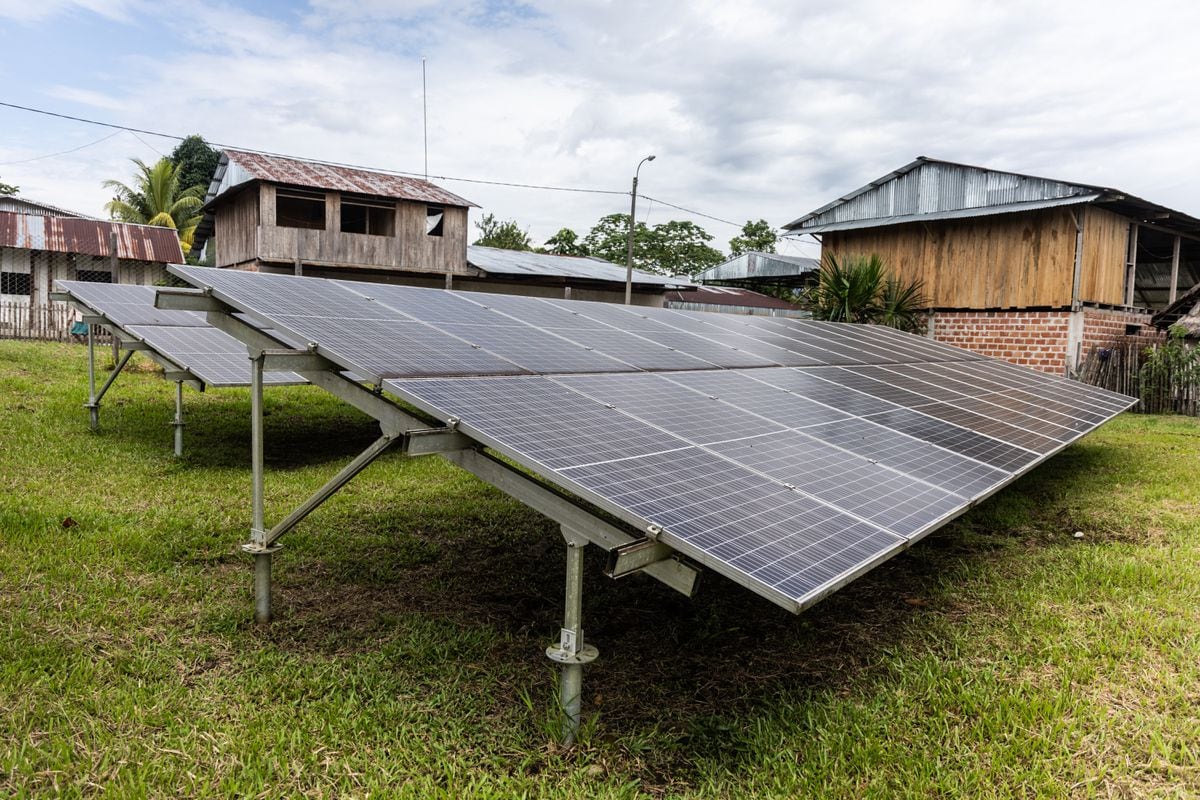Damascus-SANA
With the General Corporation for Geology and Mineral Resources announcing its first steps in investing zeolite ores by national cadres in preparation for its treatment and direct use, attention is directed to the investment opportunities generated by this mineral and its great benefits to agriculture in light of the climatic changes that occur on the planet and the lack of rain and its negative impact on the environment. Amount and quantity of agricultural production in Syria.
Regarding the identity of this mineral and its source, Dr. Rami Kaba, a faculty member at Al-Furat University, explained in connection with SANA that zeolite is a sedimentary volcanic mineral or mineral composed mainly of aluminous silicate with a crystal structure in the form of a three-dimensional network and is located within the geological layers of the earth, thanks to To get acquainted with this unique mineral, the Swedish geologist Axel Frederick Kronstead, who discovered it in 1756 AD, pointed out that the metal is one of the most promising natural resources in Syria, which can be used in several fields, whether industrial, environmental or agricultural.
Kabba said: “Natural zeolite is used as a natural fertilizer in protected agriculture and in the field of cleaning and protecting the environment. The addition of zeolite ore to the soil contributes to the slow release of potassium and ammonium, as this metal carries negative charges that are balanced by free cations that carry positive charges such as nitrogen and potassium, which can be easily abandoned when The plant needs it, as this metal contains an open range through the network of large pores that provide it with a wide surface for capturing cations and exchanging nutrients, which helps in washing the dissolved salts and reducing the hardness of the surface crust of the soil.” Kabba explained that zeolite “has great exchange properties and surface It has a high internal quality and thus plays an important role in improving soil properties and thus provides a good environment for plants to grow and increase their productivity.”
Kabba pointed to the interest of the General Authority for Scientific Agricultural Research represented in the management of natural resources in this mineral and gave it adequate attention within its research plans because of its great role as an improver of agricultural soil, whether for chemical, physical or water properties, which is reflected positively on raising the productivity of the unit area and reducing costs and thus improving the agricultural reality Where several applied researches were carried out to study the results of adding zeolite to agricultural soil, including a research that was carried out at the Agricultural Scientific Research Center in Qamishli by a specialized research team consisting of the researcher Dr. Wheat as soil fertility enhancer under rainfed conditions.
With regard to the findings of the research team between Kappa, that within three years, the zeolite improves and increases the quantities of essential nutrients for the plant, from nitrogen by 23 to 45 percent, phosphorous by 80 to 96 percent, and potassium by 16 to 28 percent.
The added zeolite to the soil acted as a backup source for the long-term water supply and to cover the time periods in the rainy season, and thus this was generally reflected in an increase in wheat productivity compared to the control treatment without adding zeolite at rates ranging between 10 and 15 percent.
Dr. Kabba called for the need to go by the official and concerned authorities to help and guide farmers to add this metal as an improver for agricultural lands, as it will help raise productivity and increase the lands’ ability to retain moisture, especially in the conditions of climate change, and thus reduce production costs, which is the compass of agricultural work.
Louay Hosamou






/cloudfront-eu-central-1.images.arcpublishing.com/prisa/2KVLLY26ZNGK3OCBRI676KYGKA.jpg)
/cloudfront-eu-central-1.images.arcpublishing.com/prisa/ARR2O7RSB5GA3PHABH4GHEX5FY.jpg)






